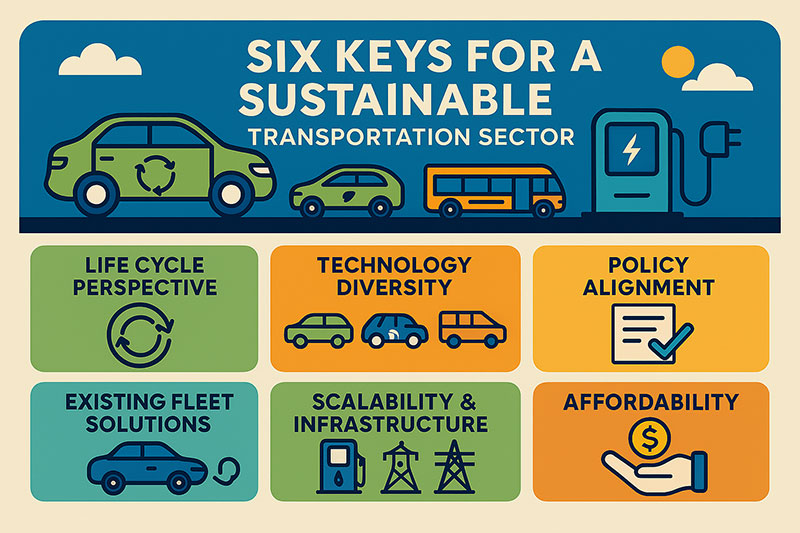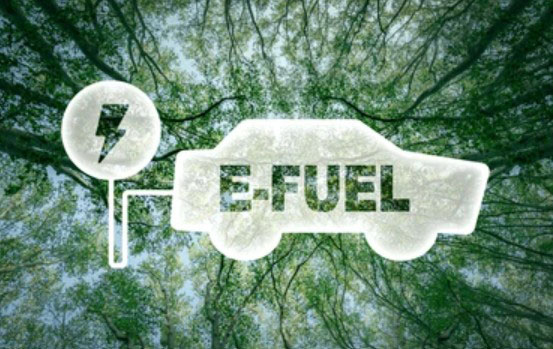
While many localities around the country are beginning to plan for EV growth, research has revealed that most states and localities that were surveyed had little to no policies at all respecting public EV charging. This is expected to change quickly in the next several years as states and localities recognize the need to prepare for the rise in electrification and receive funding from different sources. Many state and local officials for the first time will have to consider developing and implementing policies to expand infrastructure.
This report harnesses the vast market experience of key stakeholders to identify those policies implemented by authorities having jurisdiction that support the efficient installation of electric vehicle charging stations as well as those that impede such installations. The report serves a critical need identified by previous EVC reports, as well as those published by other organizations, that the soft costs incurred navigating inadequate or outdated regulatory requirements are a significant barrier to development of a robust EV charging infrastructure.
This guide has been prepared to help these officials and other readers understand in brief form the policy landscape in the U.S. at both the state and local levels, noting the types of policies that have been set and providing several examples of how different authorities having jurisdiction (AHJ) have implemented them.
Policy topics addressed in this guide include the following:
Statewide
- defining public utility and allowing kWh charging
- installation-related policies
- operation-related policies
- EV-charging incentive programs
- utility-related policies
Localities
- expedited permitting requirements
- parking requirements
- EV-ready building code requirements
- signage requirements
- technical requirements
The guide concludes with best practice recommendations from regulated entities themselves, that is, stakeholders that have accumulated years of experience installing and operating EV-charging infrastructure around the U.S. Stakeholders from the EV-charging industry, fuel retailing, utility, and metropolitan planning organizations (MPOs) shared their expertise and actionable and practical recommendations as AHJs begin to develop and implement EV-charging policies.
Download the Executive Summary (PDF).
Please fill out the form below to download the full report.




